Half-Life: Alyx dev talks VR, the future of the franchise (and a dream VR project)
XCOM VR, anyone?
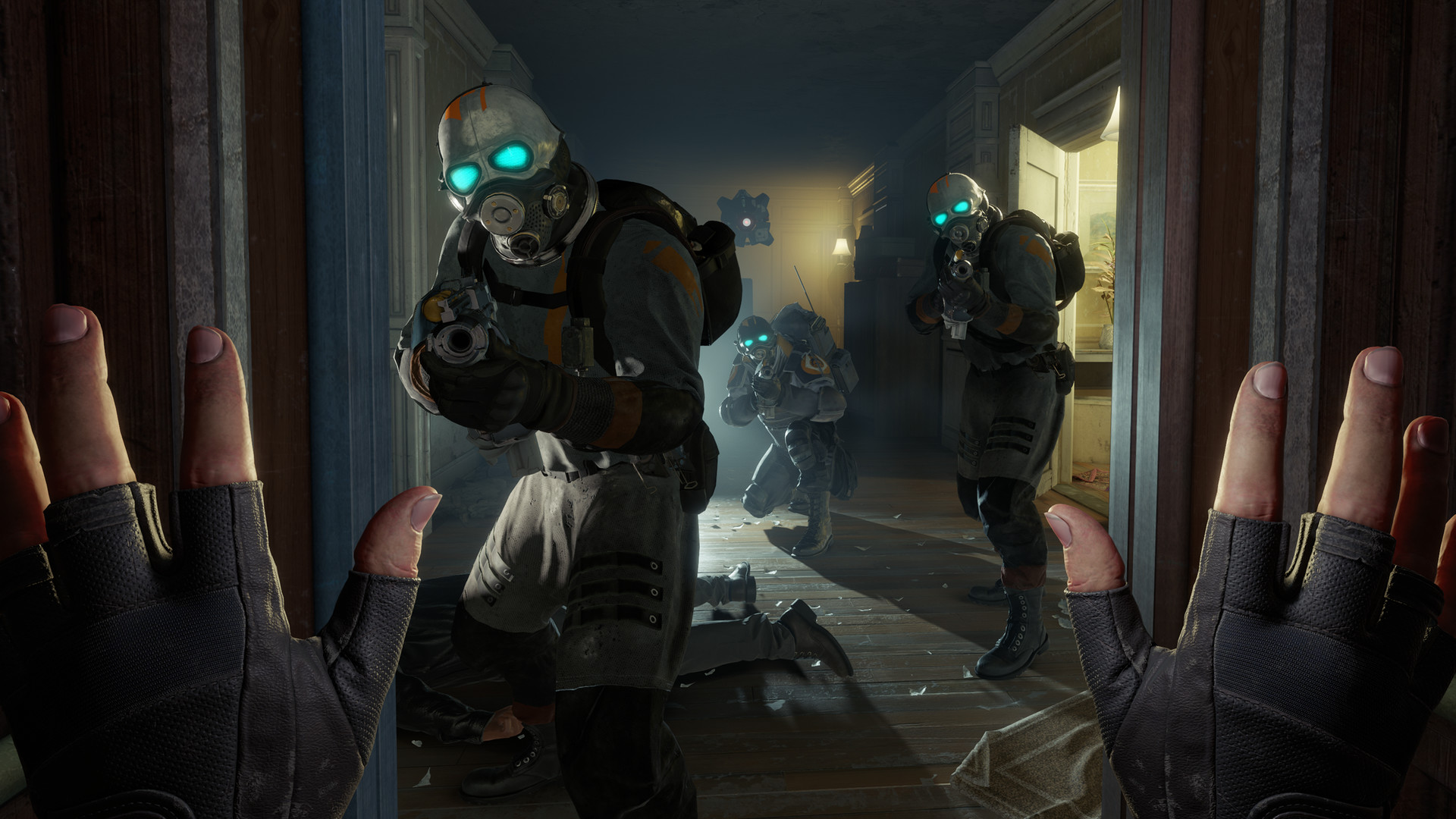
Sign up for breaking news, reviews, opinion, top tech deals, and more.
You are now subscribed
Your newsletter sign-up was successful
Half-Life: Alyx has been a watershed moment for virtual reality gaming. Not only did it revive the long-dormant and much loved Half-Life franchise, but it saw the developers at Valve push the boundaries of what was possible in virtual reality. With gorgeous, triple-A visuals and a tactile and believable physics system, it’s not just a must-play VR game, but a must-play game – period.
That achievement is being celebrated this week, close to a year since Half-Life: Alyx’s initial release, as the BAFTA Game Awards has offered up four nominations in its 2021 awards ceremony to Valve. Taking place on Thursday 25 March, Half-Life: Alyx is in the running to win coveted accolades for ‘Artistic Achievement’, ‘Audio Achievement’, ‘Game Design’, and the top prize, ‘Best Game’.
Ahead of the awards show, we caught up with Valve’s Robin Walker (designer, engineer and programmer) whose credits not only include Alyx and the Half-Life franchise, but also the Portal games, the Left 4 Dead series, Counter-Strike and many more. Here’s his thoughts on the future of VR, incoming VR hardware, the challenges of developing for VR and some neat little-known trivia on the Portal franchise...
- Best VR headset: which should you buy?
- Here are the best VR games too
TechRadar: If there was one lesson you've learned from Half-Life: Alyx that you'd like to take to future VR projects, what would that be?
Robin Walker, Valve: Well, that's a hard one because it was like everything! I mean I think one of the things that worked out well, was forcing ourselves not to take advantage of the medium which is obviously not at all what we did, but not to rest upon the medium too much. In VR things are immersive people use a lot of terms like “immersion” and “presence”, and that you feel like you're there, and all those things are true. And they're one of the strengths of VR, and we said to ourselves, early on, we can't just rely on that – we get all that almost for free if we do our job properly.
We had to go past that, we had to get people to say that it was a good game, like, not because of the VR-ness, but it was just a really good game. We felt like VR as a platform has to reach that point where it's not the sort of specialness of the VR that makes it interesting, it's the fact it's just got really damn good games on it that you want to play, and that you can't get anywhere else because of the strength of the platform. And so that was useful to us throughout, I think that was important to us when it came to making decisions – we could never sort of rest upon the strengths of the medium. And that was a useful tool when it came to making decisions about what to focus on.
With Alyx, not only were you holding Valve’s poster-boy franchise in your hand, but also the company's reputation as a leading virtual reality company, what with its Valve Index hardware and Steam VR storefront. Did you feel the pressure?
Sign up for breaking news, reviews, opinion, top tech deals, and more.
I feel a ton of pressure on every game I've ever worked on, and the pressures almost always entirely from the desires we have as a set of creative people about wanting to make something that we're really proud of, and the reaction we wanted to get from our customers. I don't really have to think beyond that, that is enough!
And I think that's true of all game developers, everyone wants the game they're working on to be really good. You care about it a bunch, you’re putting a lot of your life and time and effort and mental energy into it. So, I've never had to do much more than think about, “Oh, what will someone think about when they play this for the first time? What will their reactions be?”
Half-Life: Alyx is a rare triple-A VR success story. Do you think we’re finally moving away from VR as an ‘experimental’ format, led by smaller agile indie teams, towards big-budget titles?
I think that experimental trend, I think we've transitioned a bit away from that now. I mean you look at the sales of the big, most successful VR games out there and they're into the millions. I think it's still at the point where it's hard for a big dev studio to put a couple of 100 people on a project or anything like that but I don't see any reason why we won't get there.
The way I thought of it was the first year or so was the land you're describing where there was very much a problem of that, you know, sort of almost like a big collaborative effort on the part of Indies throughout the industry to quickly explore the VR design space as fast as we could to figure out what works, what doesn't work. “How does the menu work?”, like all these little mundane things that we had solutions to for years, we had to find new solutions for all those. One of the reasons we wanted to work on Alyx was that we felt like enough of that groundwork was done that now we could start to focus on the games themselves.
Which is unfair – mechanics are games, and lots of interesting games were built in those first couple of years. So perhaps a better way to put it is we felt like Alyx was the point where we could stop focusing on mechanics and the VR-ness of things and more on just content, like what happens when we try to take the content we were used to building in non-VR and bring it into VR?
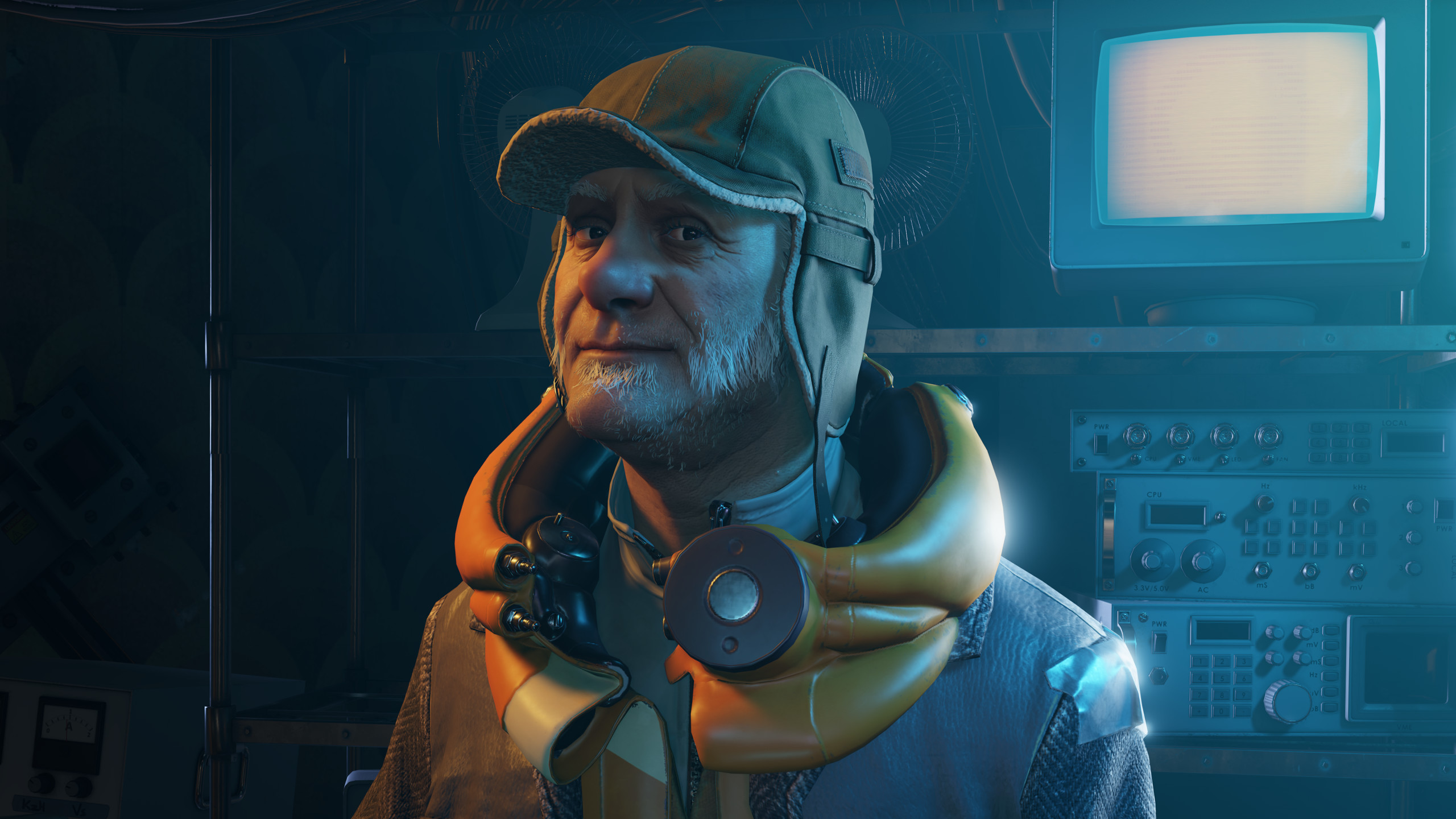
Can you explain how Valve defines ‘content’? Are we talking about production values, narrative and so on?
It’s sort of the vehicle, like everything that you've experienced that’s not the gameplay mechanic itself. Like you can describe a gameplay mechanic, like reloading of guns or even some kind of combat mechanic about the way, you know, the enemies are gonna throw grenades at you and they'll have these properties you can throw them back. Content is everything around that in the narrative, the level itself, the enemies and the way they look, your goals as a player and what you're trying to do. It's a very loose term.
One of the things we've learned over the years is that mechanics tend to be things that us as developers love but customers tend to respond more to content. Content requires novel mechanics – you can play a game that's largely the same gameplay as others you've played before and still have fun due to the novelty of the content, many mechanics are fun, you know, even after you've done them for 100 hours. But it's hard to find games out there that are really successful, that are raw mechanics, and don't have content wrapped around them.
There was this sort of real Eureka moment I remember very strongly in the development of Portal, where we had built 14 of the sort of 17 levels of the game, and you could play through them and we were having playtesters coming in and playing through them. GLaDOS didn't exist then – it was just “the game”. And I remember we had playtesters come in and they would have a lot of fun and I remember more than one of them would finish and, essentially, in their feedback say, “All this training stuff was really fun but, like when's the game start?” And we were all like, “Man, this is the game!?” Like, what makes someone go through that experience of those levels and come out and ask where's the game start? What are the cues they are looking for that make them believe this is the game?
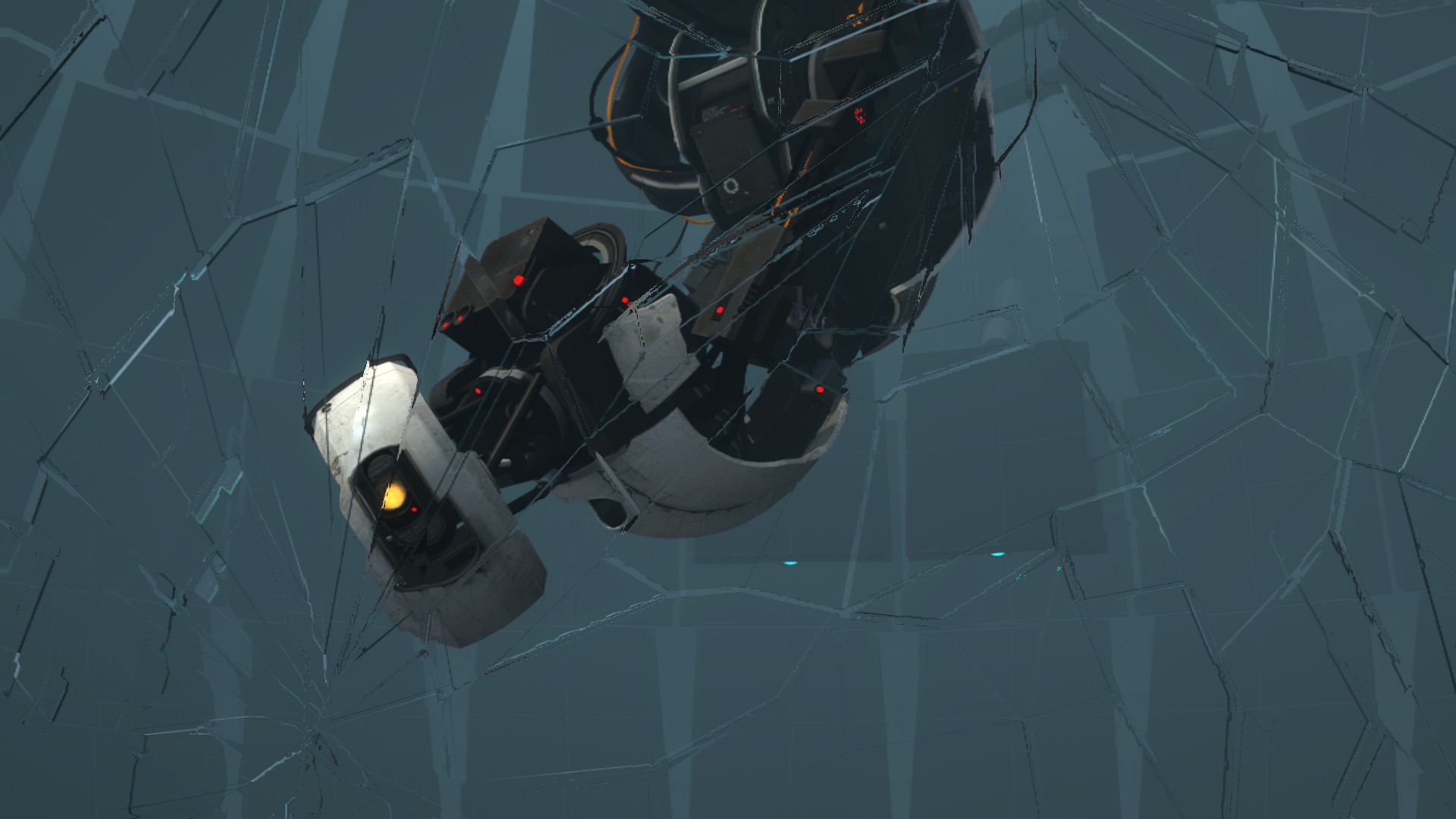
And so GLaDOS came out of that, this sort of set of theories we had – they have to believe that there's a purpose for all this learning that there needs to be some kind of antagonist, there needs to be some threat, some force, something that makes it look like it's going to push back. That maybe there needs to be some concept of what failure can be for the gamer.
I don't think any of the things I'm describing here are hard rules – Tetris doesn't have an antagonist, it doesn't really have any content and it still works just fine. But our takeaway was that players were looking for the characteristics of the product that did matter, that in some ways were the things that maybe were the hooks for them to hang their caring on, their desire to fit or to get emotionally invested in it or something. And so, from that, we've always had to remember that our customers don't have quite the love of mechanics that we as developers do.
Half-Life: Alyx was primarily designed for Valve Index, considered one of, if not the best piece of VR hardware for consumers out there currently. What would you like to see from the next generation of Valve VR hardware or, or VR hardware generally?
I think that the primary barriers to VR still now are really just about accessibility, which to me means everything from cost to ease of entry. I think that between the first VR generation and where we're at with the Index, the return on investment for resolution increases and stuff like that are starting to become a little bit less interesting, relative to just helping people get into it more easily.
I remember as a designer or developer that when the default resolution went from 640 x 480 to 1024 x 576 that was a big deal because of the amount of information we could convey on screen, in a heads up display, and what you could see past the HUD, that resolution jump was big. There were a lot of things we could do we just couldn't do before. But going from 1024 up to, you know, 1920 full HD was, you know, as a customer I really liked that jump, but as a developer, it wasn't like suddenly there was a huge shift in what we could do. I think that that's my vague analogy to where I think we've got to with VR headsets, we've got to the point now where there won't be a huge shift in what we can do so much from just straight fidelity increases. Now is time to make it a lot easier for everyone to get aboard.
So with that in mind then, do you think there's still a place for tethered VR headsets? We've seen stuff like the Oculus Quest 2 move towards mobile and accessibility in that wireless format.
Yeah. I mean, I'm not involved in the hardware efforts right now so I don't want anything I say to be construed as any kind of statement of what we’re working on. I think of tethering as a cost in just the same way as the price of the unit is a cost, and everything we can reduce for people, the better. The one thing around losing tethering is that like most things that cost, it's a trade-off, right? The fidelity trade-off, we have to make if we want to go tetherless and the sort of streaming solution is such that... I think the trade-off in terms of the quality of the fidelity of the experience we get to provide makes it less interesting to me as a designer.
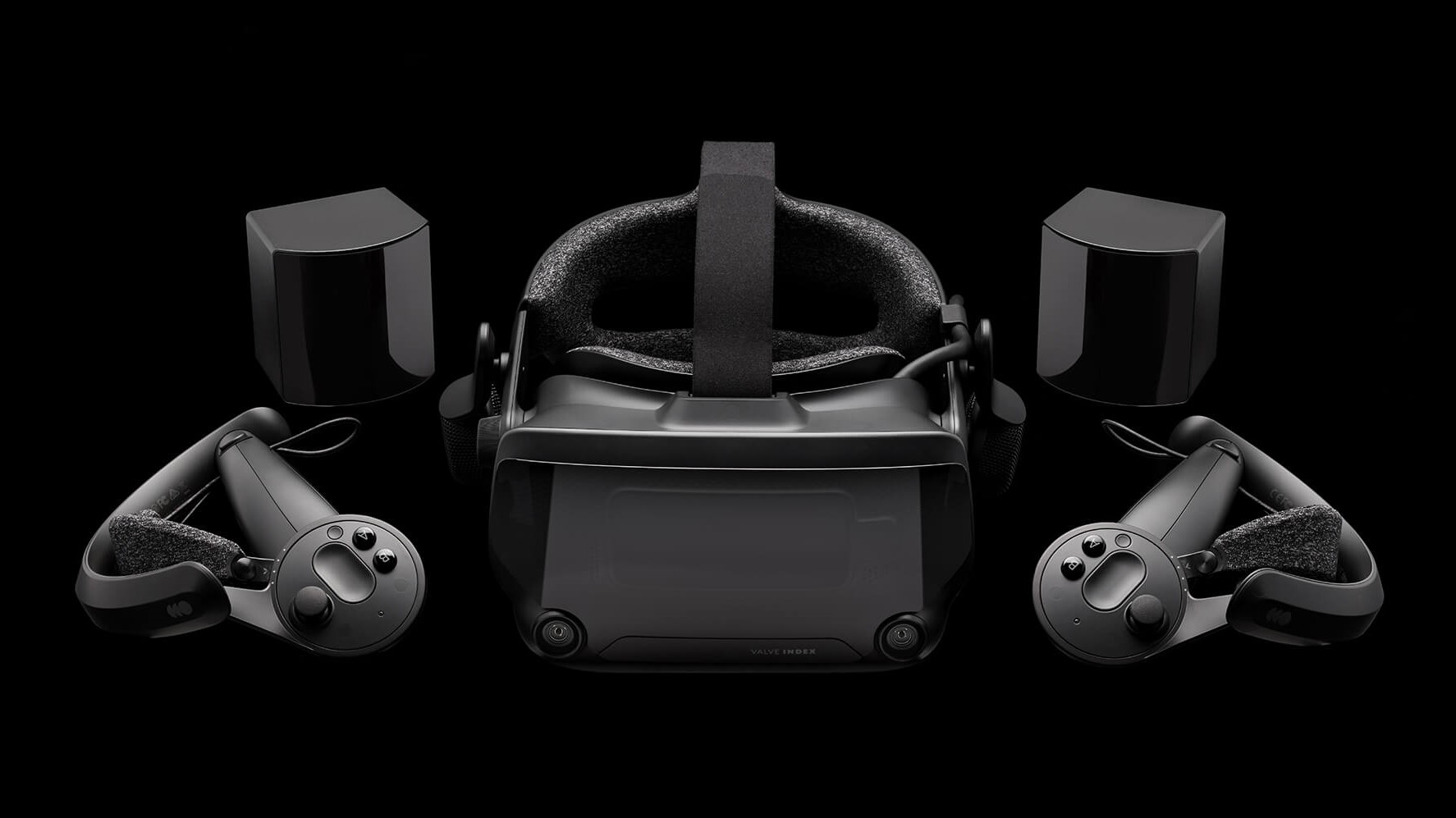
Half-Life: Alyx had quite a beguiling ending...
Haven’t heard that way of describing it before, but that’s kind of cool!
So where would you like to take the franchise next? Would you like to see Half-Life continue to be explored in VR, or do you think that what needs to be said for that world in that format has been said?
I guess I don't really think of it like that. Like we didn't start with Half-Life as a goal when it came to VR, we just started building a VR product, and, as we always do, we try to use what we have to move forward faster. Half-Life was the thing out of the various IPs we had sitting in front of us, when we started to explore it, it just leant itself really well to the VR format.
When starting from Alyx with the goal of continuing Half-Life, for example, I don't think we'd necessarily end up with the same answer. We try not to be religious about anything, if that sort of makes sense. We try to be as pragmatic as we can and so that often means that when we start projects we have a couple of goals in mind. When we start to build, we try to move as efficiently and as quickly as we can towards attacking those goals and then others tend to get added. As much as possible, we try to build products to solve as many different problems as we can, that might be one of the reasons why we're a little confusing from the outside.
I think most people just assume that you start with a goal of like “you just want to make money and as long as you can make more money than you spend, then you make the product.” But we've never really approached it like that. To be honest, if we persist like that we probably wouldn't have made Alyx in the first place. At Valve we tend to always try to think about where we want to be a few years from now, the skills we'd like to have acquired, the technology we'd like to explore, the experiences – where we think our best guesses as to where things are gonna go in a larger scale in the future. All these things all become grist for the mill in terms of figuring out what it is we're going to do. I'm not trying to avoid your question, it's just that genuinely it's often the case we don't really know quite what we're doing until we've figured out that we're doing it!
So at what point did the ‘VR project’ become a Half-Life game?
It was pretty early on, I think, I would guess within the first two to three months of starting. We started by looking at our IPs and saying which ones would lend themselves to a VR product best.
We were pretty quick to eliminate our multiplayer products just because we felt like at the time (this is, you know, going back four years ago), we didn't think there was a large enough audience there in VR for it to be the level that we would want it to be at for multiplayer. And so the two IPS we looked at most were Portal and Half-Life. We started doing experiments using all the old assets, we took a bunch of Half-Life 2 materials and Portal materials and just started trying things out. Faster than we expected, we settled on Half-Life – its mix of exploration, narrative, puzzle solving, all that stuff just worked really well in VR. At that time we weren't quite sure how far we were going to go on interactivity with the world and stuff like that, how interactive objects were going to be or how much we were going to try. Would we be able to make your hands sort of like the solid thing that was always there, not just something that, you know, waves through the world and was not solid.
We built what we thought was about 15 minutes of Half-Life 2 gameplay, and people took about 45 minutes to play it every time. It was just Headcrab zombies running around, no custom code, really just running the old AI, and, and it was compelling, very quickly.
If you could turn any existing franchise, Valve owned or not, into a VR game, what would it be?
I've never really thought about this. I'm very biased in that I really go into things that I just want, not because they'd be good VR games, because of the games that I'm playing, you know!
One of my favorite genres is squad-based tactical combat, I'm a huge XCOM fan that you know anything like that, I’m a Battle Brothers fan. So without picking perhaps a specific game, more that genre, it'd be kind of interesting to see what you get if you tried to move one of those into VR.
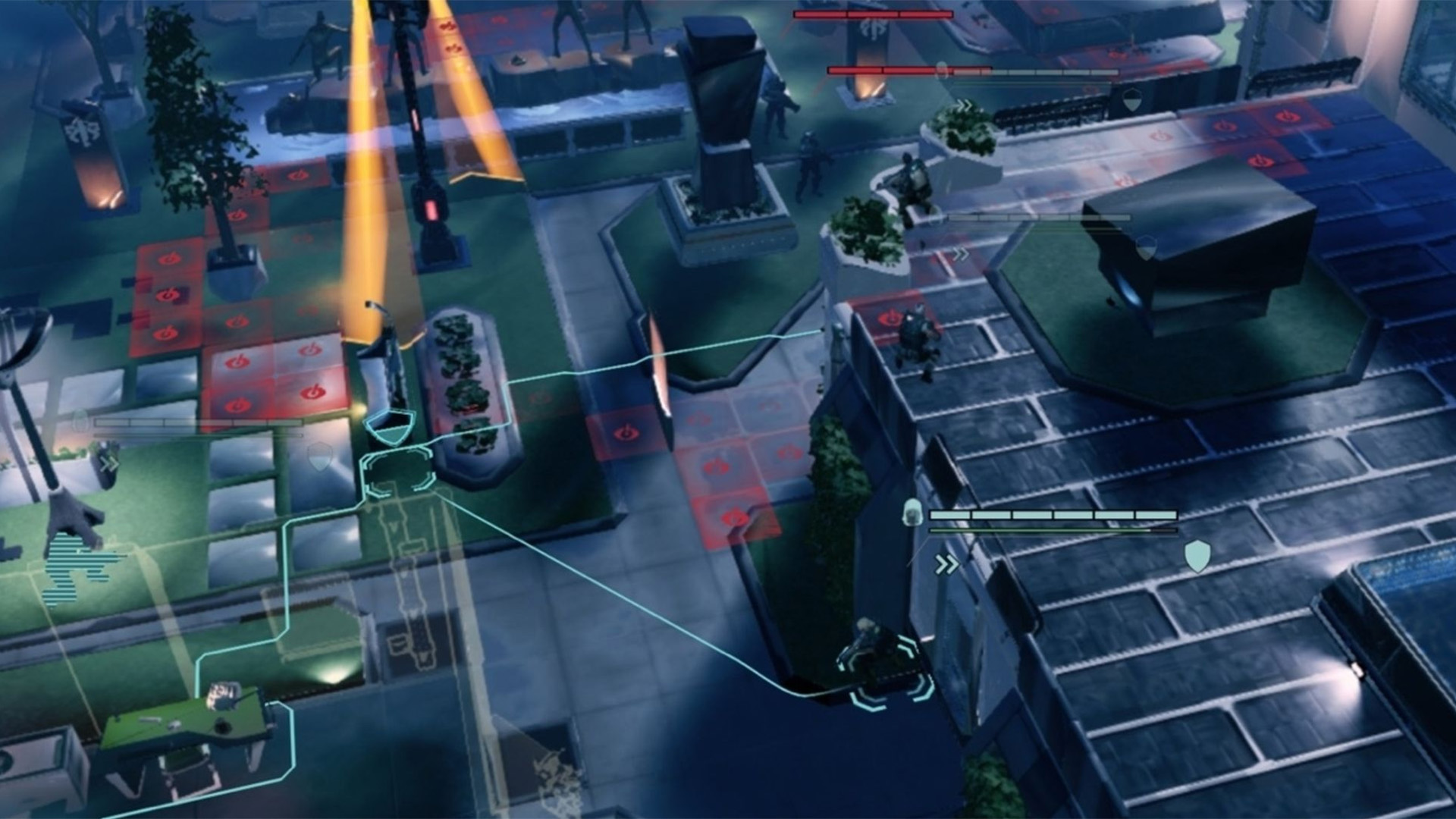
From your gut feeling now, would you be a member of the squad, or would you be overlooking a battlefield, picking up pieces and soldiers and placing them down?
That’s a good question and it's like the first one to start with. To go all the way back to an earlier answer I gave, I think that in the past before Alyx I would have approached that from a very VR centric view where you could say this is about having this perspective over the battlefield that you don't normally have and that that would be really cool, being able to lean in and look at your units and easily look around the battlefield. Now I think post-Alyx I would force myself to say, “I know that that stuff's true but that we'd sort of get that for free, so imagine you can’t have it.”
It's always a very input-focussed thing. I think one way to think of it is like the perspective, the ability for the player to control the camera down in a very casual natural way is powerful, but fundamentally not gameplay. It doesn't really add to the gameplay capabilities, like to the set of gameplay that we can do now that we couldn't do before. That's not quite true, but I think it's a good way to think that that's true as a designer, in that you don't get as much out of that as you think. The experience of being in the headset is actually not as valuable, what you do get though with tracked controllers is input fidelity that you've never had before. And so as designers I would lean heavily into that.
VR, in design terms, it helped us be most successful when thinking of things from an input-centric model. What is the most novel thing about VR as a platform that we haven't had in the past? And that thing was tracked controllers. When it came to Alyx there were a bunch of people who had worked on The Lab, who had a lot to teach me and others on Alyx about things. And so the overall takeaway I think we have as a group is that, like,if we were going to work on something like X-COM VR, which I would love to work on, we'd start by saying well what is it that the track control lets us do that we haven't been able to do before. Because I think if you do look back on the history of platforms, and the way they sort of drive innovation, often it was more the input paradigm shifts that resulted in those new game ideas than anything else.
Congratulations on the awards nominations! You must be used to it by now?
I don’t think you ever get used to this stuff. I don't think we ever really think about these sorts of moments at all until we're in them, and then it's like, “Oh man”. It kind of doesn't really jive terribly well with the way we think about ourselves – our company is structured with this deliberate lack of formality around who does what. And so there's always this moment of dread when it comes to award shows because they're always going to ask us what names do they want us to put on any given thing, and that's always like a very messy problem. But we work this way because we enjoy it.
The BAFTA Game Awards take place on Thursday 25 March, and will be exclusively streamed online. You can catch the action from 19:00 GMT. To find out more on how to watch the ceremony, click here.
- Check out our list of the best single player PC games

Gerald is Editor-in-Chief of Shortlist.com. Previously he was the Executive Editor for TechRadar, taking care of the site's home cinema, gaming, smart home, entertainment and audio output. He loves gaming, but don't expect him to play with you unless your console is hooked up to a 4K HDR screen and a 7.1 surround system. Before TechRadar, Gerald was Editor of Gizmodo UK. He was also the EIC of iMore.com, and is the author of 'Get Technology: Upgrade Your Future', published by Aurum Press.

